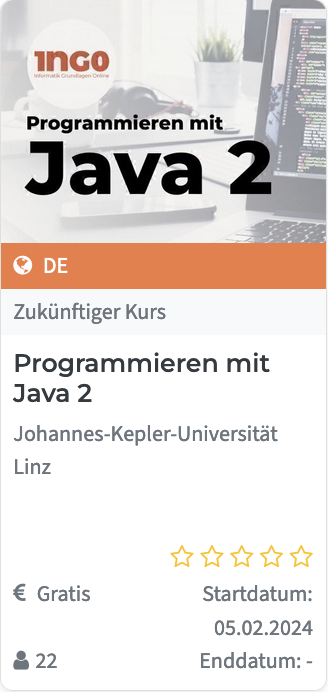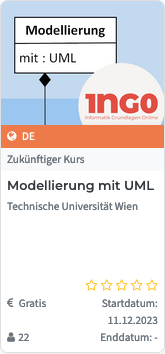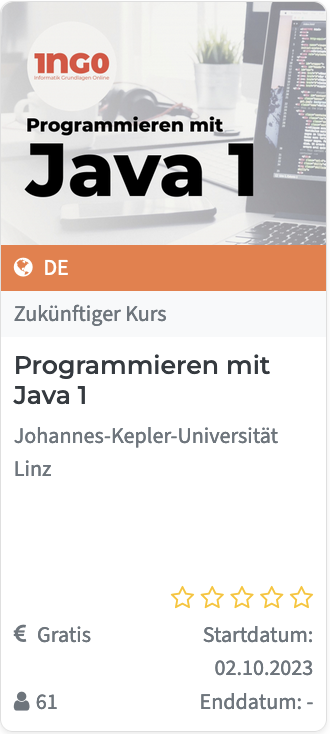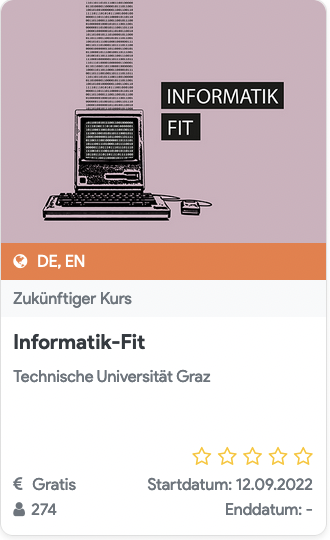Our conference contribution to this year 13th European Conference on Games Based Learning about „„Computer Science for all“: Concepts to engage teenagers and non-CS students in technology“ is now online available – enjoy reading 🙂
Abstract:
Knowledge in Computer Science (CS) is essential, and companies have increased their demands for CS professionals. Despite this, many jobs remain unfilled. Furthermore, employees with computational thinking (CT) skills are required, even if they are not actual technicians. Moreover, the gender disparity in technology related fields is a serious problem. Even if companies want to hire women in technology, the number of women who enter these fields is remarkably low. In high schools, most teenagers acquire only low-level skills in CS. Thus, they may never understand the fundamental concepts of CS, have unrealistic expectations or preconceptions, and are influenced by stereotype-based expectations. Consequently, many teenagers exclude computing as a career path. In this research study, we present two promising concepts to overcome these challenges. First, we consider alternative paths to enter the field of CS. In 2018, a voluntary lecture „Design your own app“ at the University of Graz for students of all degree programs was introduced. In total, 202 students participated. We applied a Game Development-Based Learning (GDBL) approach with the visual coding tool Pocket Code, a mobile app developed at Graz University of Technology. The students were supposed to create simple games directly on smartphones. The course received positive evaluations and led to our second concept; In January 2019, we started to design a MOOC (Massive Open Online Course) with the title „Get FIT in Computer Science“. First, this course can be used to encourage young women who have little to no previous knowledge in CS. Second, it should help all teenagers to get a more realistic picture of CS to its basic concepts. Third, teachers can use the course materials to lead high school classes (Open Educational Resources). Finally, the MOOC can be accessed by everyone interested in this topic.
[Article @ ResearchGate]
Reference: Spieler, B., Grandl, M., Ebner, M., Slany, W. (2019) „Computer Science for all“: Concepts to engage teenagers and non-CS students in technology. In: Conference Proceedings ECGBL 2019, Odense, Denmark





